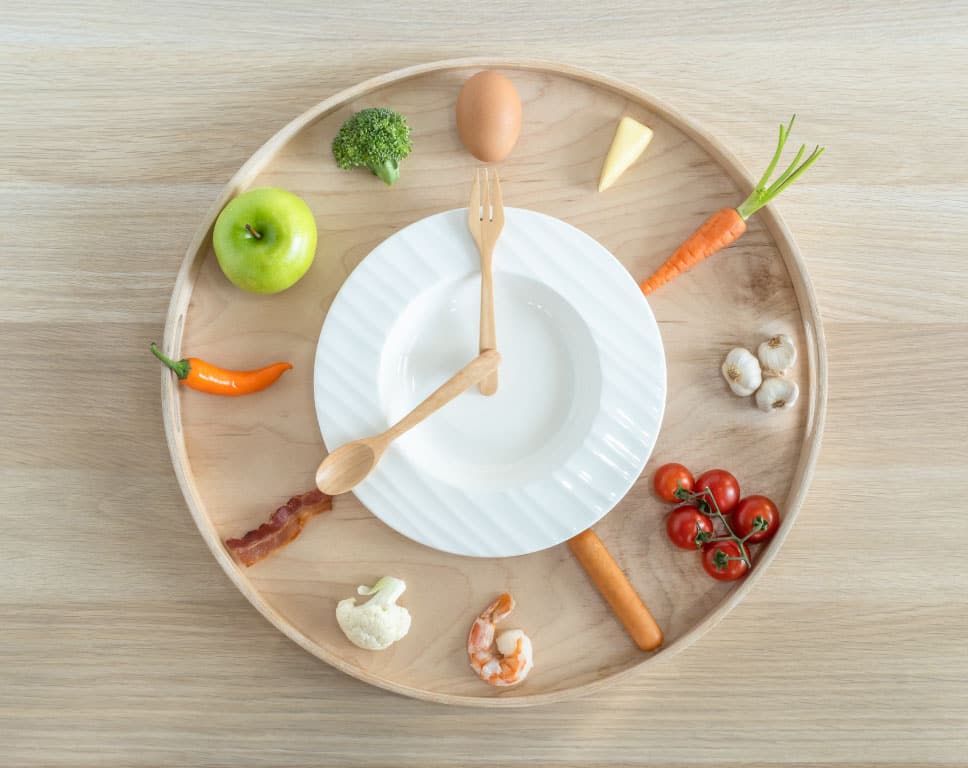Whether you’re aiming to feel more energised, lower your risk of chronic diseases, or contribute to a more sustainable planet, embracing a plant-based lifestyle and adding more plants to your plate is a powerful step forward.
A well-balanced plant-based diet—rich in fruits, vegetables, legumes, whole grains, nuts, and seeds—has been linked to numerous health benefits.
Research shows it can help lower blood pressure, reduce cholesterol, manage blood sugar, support weight loss, and decrease the risk of heart disease, type 2 diabetes, and other illnesses. Beyond personal health, plant-based eating is also a win for the environment.
Going green
But you don’t have to go all-in on the green theme and ditch the meat and dairy completely to realise these benefits. Even small changes—like going meatless one day a week—can make a meaningful difference
It has become really simple to replace a few animal-based meal ingredients with plant-based options with the abundance of meat and dairy alternatives available at food retailers, which you can add to the list of natural whole foods.
And with the abundance of plant-based recipes at our fingertips these days, it’s never been simpler to get more of your foods from plant sources without sacrificing on taste and meal-time satisfaction.
How do plants benefit our health?
When compared to animal products, food from plant sources supply more digestion-friendly fibre. They’re also packed with vitamins, minerals and antioxidants, and are lower in both saturated fat and cholesterol.
Many people who have switched to a predominantly plant-based diet often report experiencing higher energy levels and overall better health outcomes.
Natural, unprocessed plant foods also provide complex carbs, which provide our bodies with the energy they need to function and grow and can reduce our intake of processed and refined carbs and sugars. This can help to improve energy levels, aid weight loss and may even help to reduce inflammation.
How to make the switch
It can feel daunting to switch over to plant-based eating, even if it’s just a few meals a week Many people don’t even know where to start.
But it doesn’t need to be complicated if you follow these tips, which will help ease your transition.
#1. Start by subbing, not eliminating
If you normally have a serving of animal protein with some carbs and a vegetable at dinner, such as roast chicken with rice and roast veg, don’t just eliminate the animal protein from your meal. Rather sub the chicken with a plant protein such as beans or legumes.
You can also find plant-based alternatives such as faux-schnitzels at supermarkets and speciality stores.
These substitutes generally contain ample plant-based protein to ensure you hit your macros, while also making it easier to eliminate animal protein with a replacement that has a similar taste and texture.
#2. Earmark certain meals as purely plant-based
You don’t need to go cold turkey on meat (unless you want to become vegetarian) but it’s a good idea to set up some parameters to help you stick to eating more plants.
You can do this by dedicating an entire day to eating only plant-based meals, like #meatlessmondays, or you could decide that all lunches during the week will be devoid of animal ingredients.
That means you can have meat for breakfast and dinner. The options are endless! This flexible way of eating makes it less stressful and more convenient to start your transition, making it more sustainable to ensures you start to reap the rewards of eating more plants.
#3. Stick to what you’re used to
Don’t completely change the meals you enjoy eating, or the flavours you’ve come to know and love. Rather spend time researching how to sub plant-based ingredients that have a similar taste and texture profile to their meaty counterparts.
For example, sub the beef in spaghetti Bolognese with lentils, or make a chickpea curry instead of a chicken one.
This approach means you don’t need to completely reinvent how you eat, and the flavours will remain familiar, which increases the likelihood that you’ll succeed in eating more plants.
#4, Try something new
Keep experimenting with tastes and flavours by finding new recipes on a weekly basis. Having fun with plant-based eating and making it interesting will keep you engaged and motivated to sustain this way of eating. And it’s always nice to try something new!
#5. Find someone to do it with you
Things are always easier when you’re not alone in doing them. Get a friend, family member or co-worker to join you.
Take turns in bringing each other different plant-based meals or treats to try, or get your partner or family member involved and take turns cooking up something plant-based during the week.















